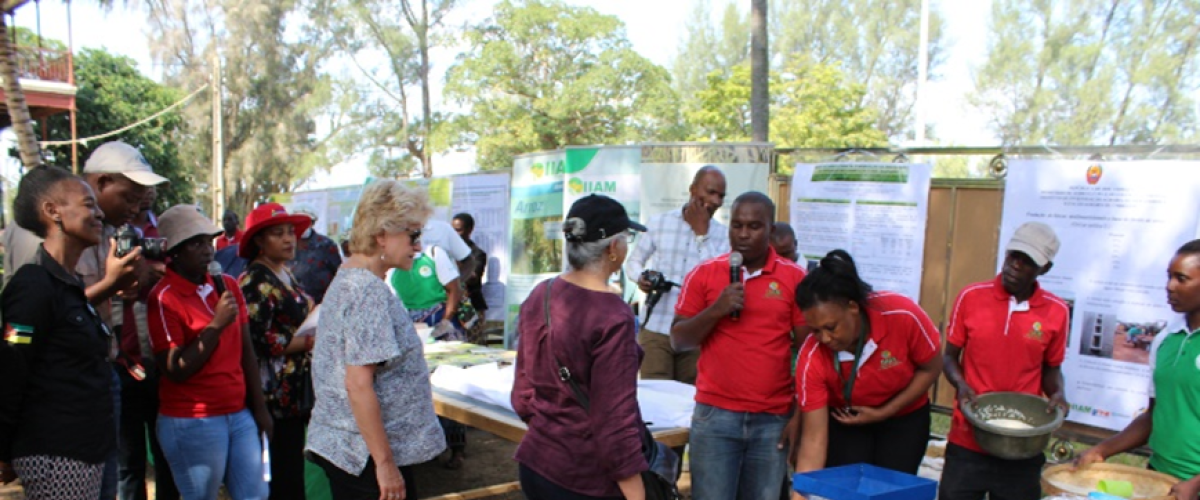
In six years of implementation (2013-2019) in Malawi, Mozambique and Zambia, the Agricultural Productivity Program for Southern Africa (APPSA) has facilitated the generation and/or sharing of solutions to common problems, taking advantage of the similarities of agro-ecological zones and farming systems shared by most countries in the SADC region.
APPSA, is a regional initiative with the developmental objective of increasing the availability of improved technologies in the implementation countries, funded by the World Bank and coordinated at SADC level by the Centre for Coordination of Agricultural Research and Development for Southern Africa (CCARDESA).
As a regional project, APPSA is based on partnerships and collaboration among participating countries. All Research & Development (R&D) interventions are undertaken through collaborative R&D projects involving the participation of at least two countries. The countries coordinate national-level activities to contribute to the achievement of the common regional objectives, and they share knowledge and technological outputs from their national programmes throughout the region.
Benefits from APPSA implementation included the strengthening of national institutional capacities to (a) redirect technology development on emerging priority areas linked to national policies and end-user identified constraints; (b) foster partnerships through joint proposal preparation and project implementation; (c) promote innovation; and (d) improve generation and dissemination of improved technologies.
In the Southern African region where agricultural productivity is far below potential, a key strategy to facilitate improved agricultural productivity is to increase investments in agricultural research and development (R&D) to levels required to sustain viable agricultural R&D programmes that address current and future priorities.
APPSA issued calls for R&D proposals in 2013, 2014 and 2016, resulting in a total of 74 collaborative projects (25 in 2013, 24 in 2014, and 25 in 2016) being implemented across the 3 countries. Each collaborative project was led by a Principal Investigator (PI) who worked with co-Principal Investigators (co-PIs) to address a common research problem across the countries. The R&D sub-projects supported by APPSA resulted in the generation of 160 technologies and more than 50% were on improved seed varieties.
These technologies were shared amongst APPSA participating countries as well as Zimbabwe, Lesotho, Swaziland, Tanzania and DRC, thus enhancing the sharing of technologies in the SADC region and beyond.
Note that APPSA is currently under implementation in Angola and Lesotho, focusing on cassava and horticulture, respectively. More countries are expected to join as it evolves.






